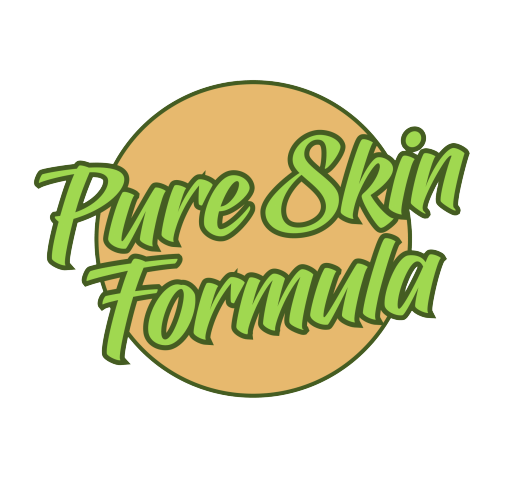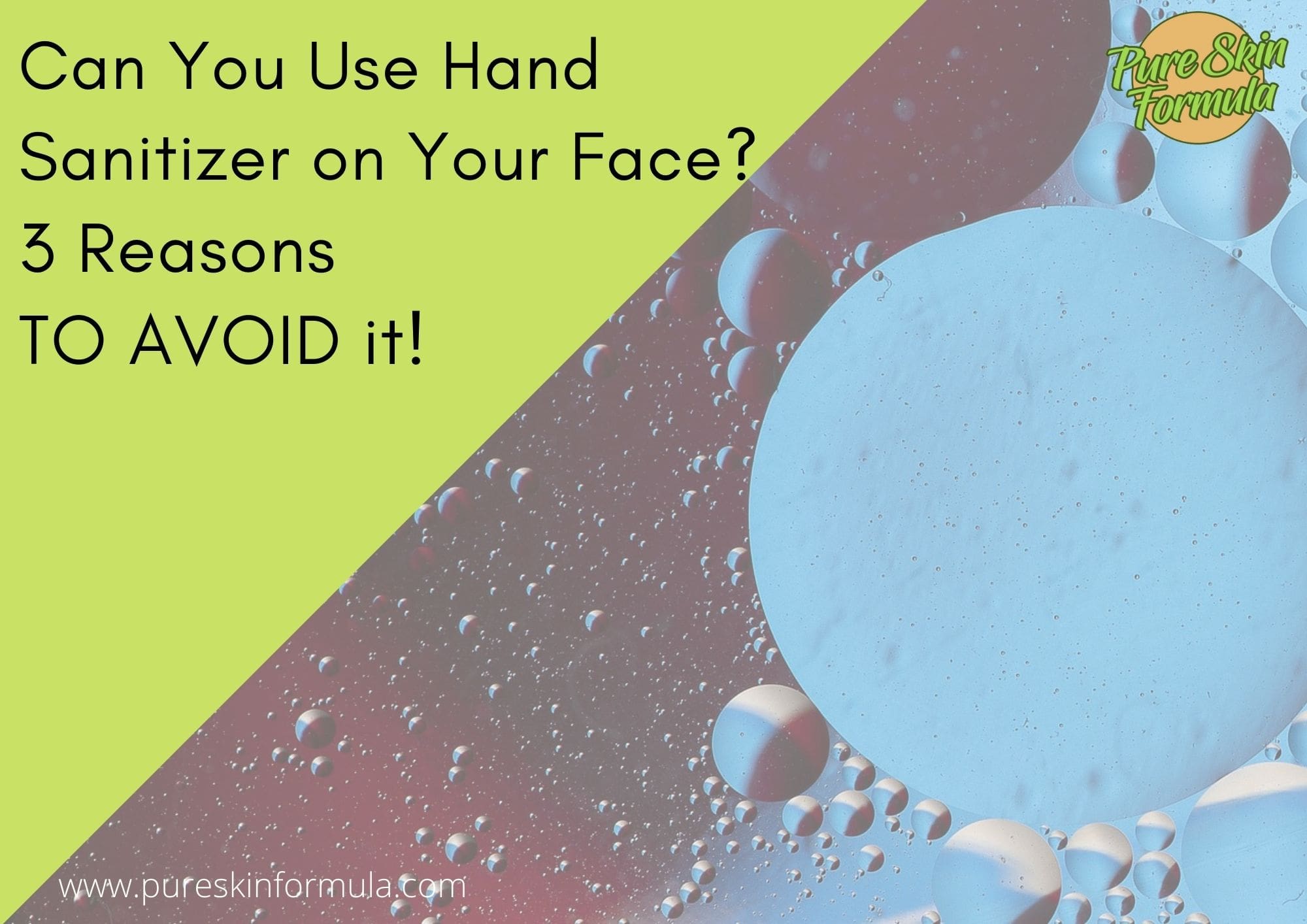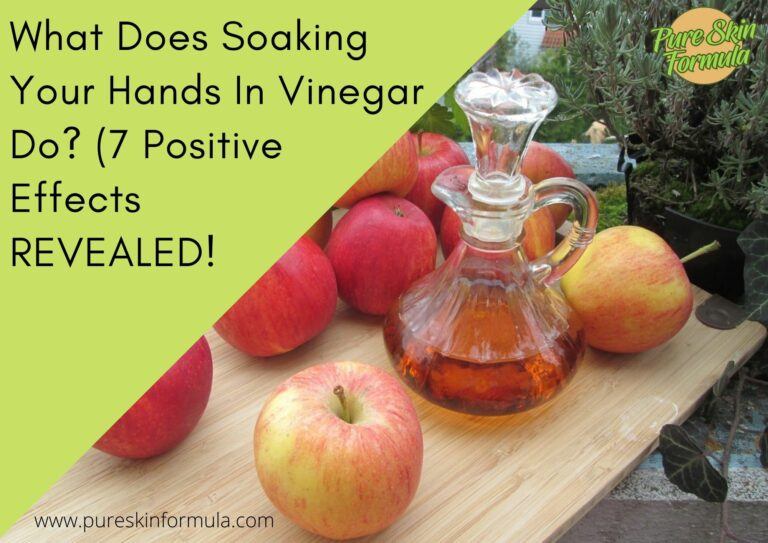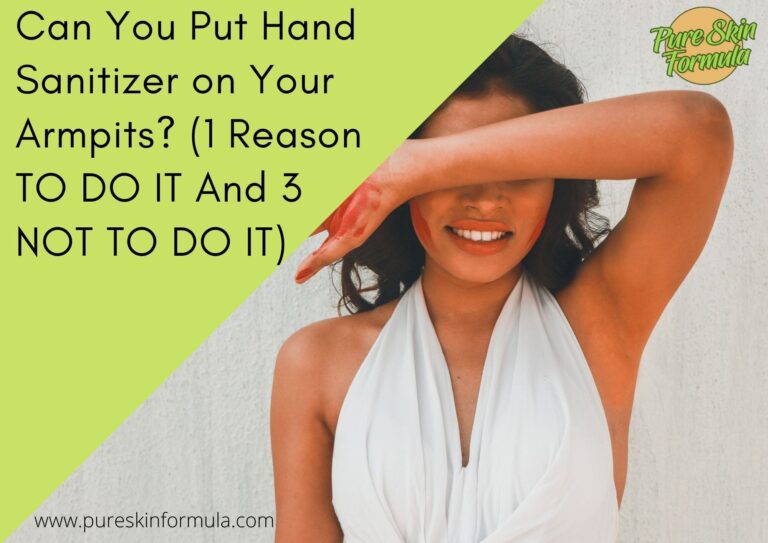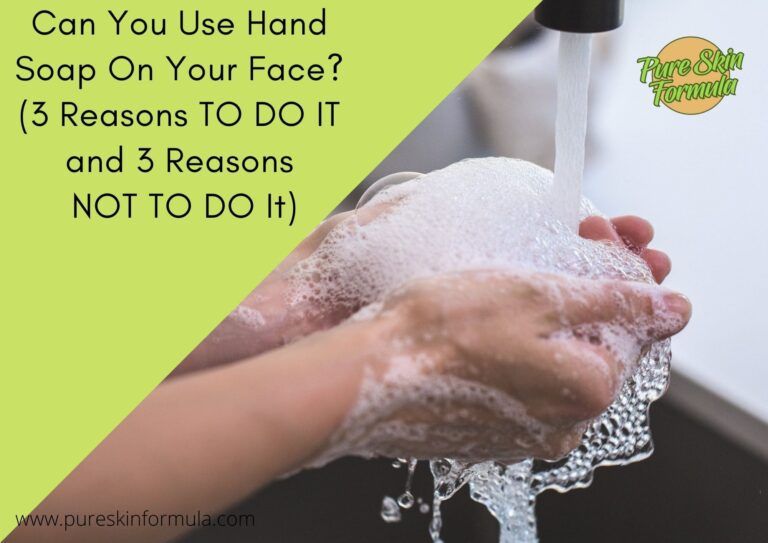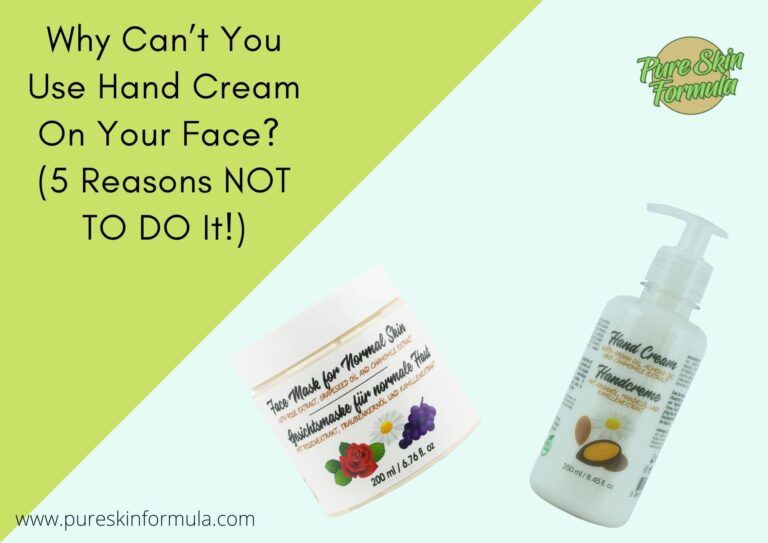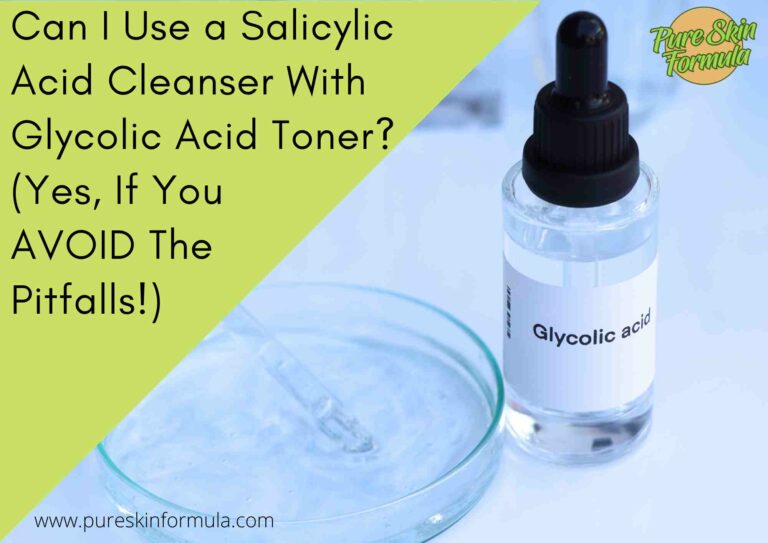You are wondering whether you can use hand sanitizer on your face? You may do it once in a while, but it’s not a good idea to regularly use it.
Moreover, not everyone has a perfect skin face. Some people experience skin conditions like pimples, acne, etc.
Can you use hand sanitizer on your face?
There are three main reasons why you should avoid hand sanitizer on your face:
Now you know the answer. Below you can find the details on each of the above topics.
What is alcohol, and why you should avoid it on your face?
Alcohol kills organisms by denaturing their proteins and breaking down their lipids. It is effective against most bacteria, fungi and many viruses.
When we say “alcohol”, we usually mean ethyl alcohol.
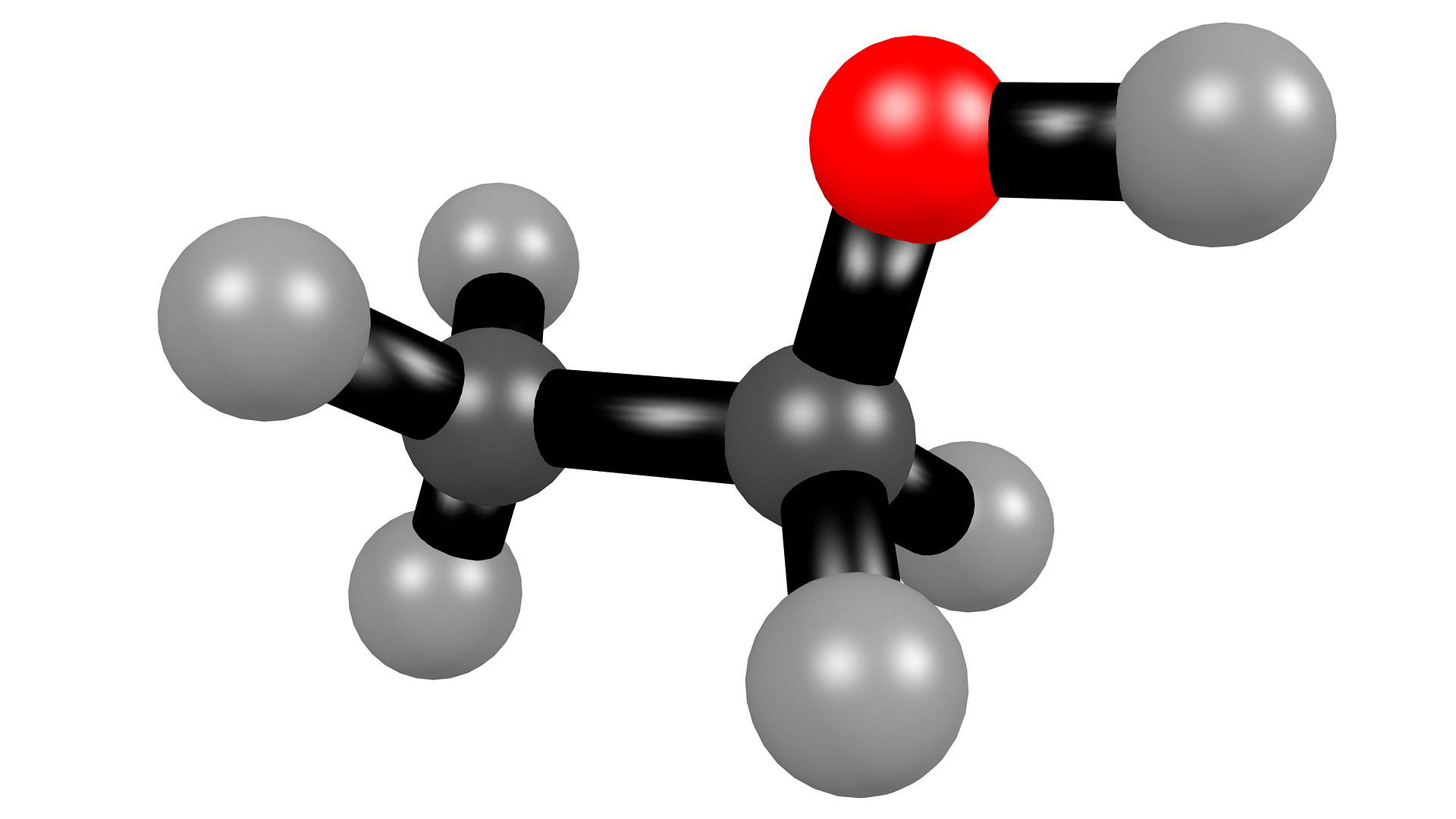
However, in chemistry, the term alcohol covers a large group of compounds that contain a hydroxyl (OH) group. Methyl, butyl, and isopropyl alcohols belong to the ethanol group.
Cetearyl and stearyl alcohols belong to another group- they are wax-like substances extracted from vegetable oils. Glycerol and menthol are also defined chemically as alcohols.
When we see only the word “alcohol” on the label, it means ethyl alcohol. Due to its antiseptic properties, ethyl alcohol is a preservative in cosmetic products and a solvent for various ingredients.
Is there “good” and “bad” alcohol in the cosmetic formulas?
Indeed, different types of alcohol have versatile impacts on the skin.
Isopropyl (or rubbing alcohol) is mainly used as a preservative. It also kills bacteria, microorganisms and germs. It acts as an antifoaming agent and solvent.
Ethanol (or ethyl alcohol) is the type of alcohol we drink and use on our skin!
It can also be used in the form of denatured alcohol. You can find denatured alcohol referred to as Alcohol Denat or SD Alcohol. It is commonly used as a preservative and solvent due to its antimicrobial properties.
Denatured alcohol is enriched with additional substances ethanol. They provide an unpleasant odour or bad taste and even make it poisonous to prevent human consumption.
A modified version of denatured alcohol is specially denatured alcohol (SDA). SDA is a combination of ethanol and ethyl acetate, the latter being added to make it unfit for consumption.
SDA is commonly used in cosmetic products. You can identify the presence of SDA on cosmetic product labels by noticing the abbreviation “SDA”.
Aromatic alcohols are used to add flavour to the product. In addition, they have antimicrobial effects and are also used as preservatives. Common aromatic alcohol is benzyl alcohol.
Fatty alcohols are produced from natural sources such as palm oil, jojoba oil and coconut oil. Commonly used fatty alcohols that you can identify on skincare product labels include:
- Oleyl alcohol – obtained by olive oil;
- Stearyl alcohol – derived from stearic acid, a fatty acid that occurs naturally in vegetable fats. It can be used either as an emulsifier (prevent products from separating into oil and liquid) or as a softener;
- Cetyl alcohol is derived from coconut oil. It is a common choice for an emollient ingredient in face creams. It forms a layer that traps water on the skin and prevents it from escaping, thus inhibiting skin dehydration;
- Cetearyl alcohol is a mixture of cetyl alcohol and stearyl alcohol. It is an emulsifying wax used to stabilize and soften thick formulations.
Many people think using alcohol in cosmetic products is terrible. But now you know that there are different types of alcohol from a chemical perspective.
What kind of alcohol is used depends on the purpose of the cosmetic product. For example, fatty alcohols can be highly beneficial to the skin and not irritate it.
On the other hand, when we express concern about the presence of alcohol in cosmetic products, we are usually referring to label indications such as ethanol, SD alcohol, denatured alcohol or isopropyl alcohol.

These types of volatile alcohols give the products a quick-drying finish, immediately skimming the skin, so it’s easy to see their appeal, especially to those with oily skin.
In the long run, they can have adverse effects.
Consequences include dryness, erosion of the skin’s surface. Alcohol (in this case meaning ethanol or isopropyl alcohol) weakens the overall condition of the skin.
How might alcohol harm the more sensitive type of skin?
- disrupts the organization of lipids (building blocks of cell membranes) of the cells;
- even 3% alcohol solution can cause a chain reaction leading to disruption of the skin cells;
- impairs the ability of cells to defend themselves from free radicals;
- causes dehydration of the skin due to facilitation of so-called transepidermal (trans-dermal) water loss;
- Irritates the skin and cause hyperemia (redness);
The skin of your hands is different from the skin on your face
The hands are a person’s tools, and their skin differs from the rest of the body. Let me tell you a few interesting facts and a comparison between hands and face!
What about the hands?
Did you know that:
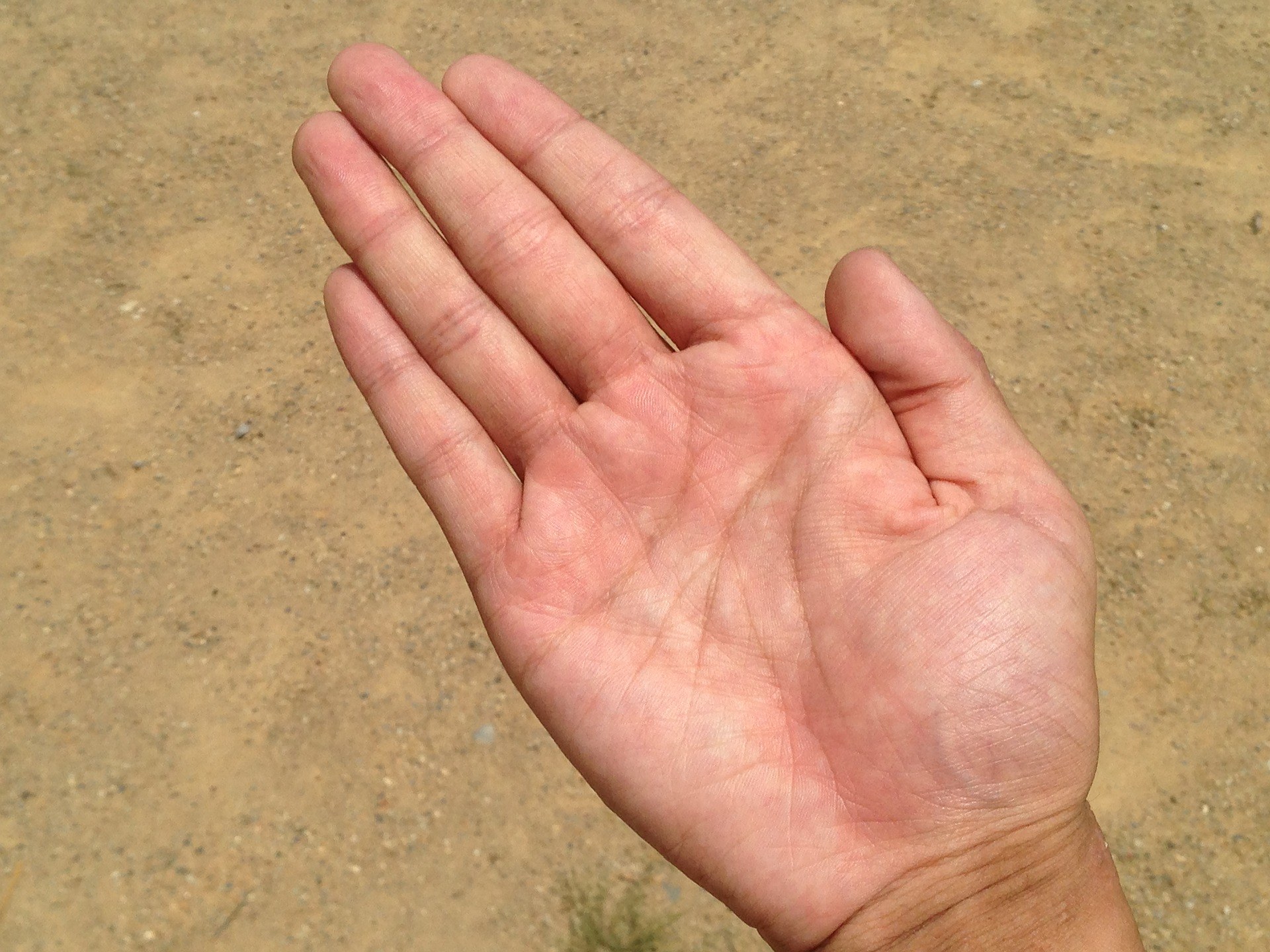
Thus the skin on the palms and inside of the fingers:
- is thick with a dense stratum corneum;
- is rich in fatty and connective tissue;
- is well padded with tissue insensitive to tension;
- has no hairs and no sebaceous glands;
- has a high density of sweat glands;
- is deficient in natural moisturizing factors (NMF).
What about the face?
The skin on the face is particularly thin and sensitive and is therefore susceptible to ageing.
The skin around the eyes is even thinner and more delicate and needs proper care. The epidermis (the outer layer of the skin) is usually about 0.1 mm thick; in the eye area, it is between 0 and 0.5 mm thick.
Typically, human skin has an average pH value of between 4 and 6, with skin on the face as a rule having a pH value of between 4.5 and 5.5.
Can you use hand sanitizer on your face for acne?
Alcohol predisposes to acne and can intensify an already existing condition of this type – this ingredient makes the skin very dry and irritated.
Another common myth is that by using alcohol on oily skin, we reduce the amount of oil. It is a fact that products with alcohol in their formula have a drying effect on the epidermis, but its immoderate use can have the opposite effect – the release of even more oil and excessively oily skin.
What about isopropyl alcohol? Although its antiseptic properties help to clean wounds sanitizing the skin and other surfaces, they will not penetrate pores to clear up acne.
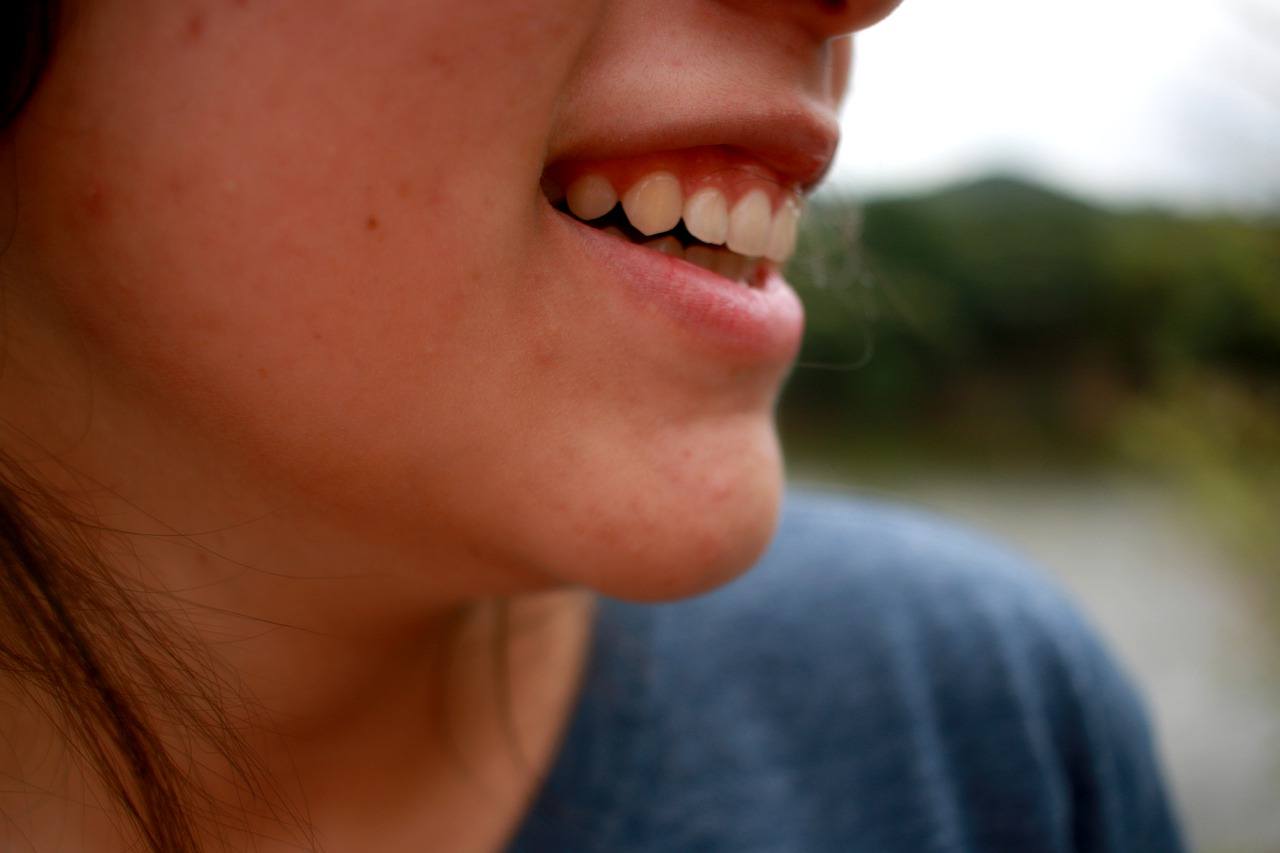
So even though the hand sanitizer may be effective at killing bacteria on the skin, it is not an acne treatment.
The above is especially true for noninflammatory acne (blackheads and whiteheads) when clogged pores.
Can you use hand sanitizer on pimples?
Many people would say no, but others would disagree. The most important thing when using sanitizer on pimples is to do it with caution and care.
Please don’t do it regularly, but rather on special occasions, when you have a couple of white head or redhead pimples, and you want an immediate effect.
The idea is that you will get rid faster of the pimple if you treat it with hand sanitizer. It will clean the surface area from blood, puss, dirt and kill the bacteria.
To wrap it up
I hope now you have a better idea why you should predominantly avoid using hand sanitizer on your face, especially when having acne.
I also familiarized you with the core feature of a hand sanitizer – the presence of alcohol in its formula. I explained what alcohol is and what types of alcohol are used in cosmetic products.
Finally, I’ve touched a few cases when you could sporadically use a hand sanitizer on your face – to get rid of an annoying whitehead or redhead pimple quickly.
I hope I have helped.
Talk soon:)
Valeria
